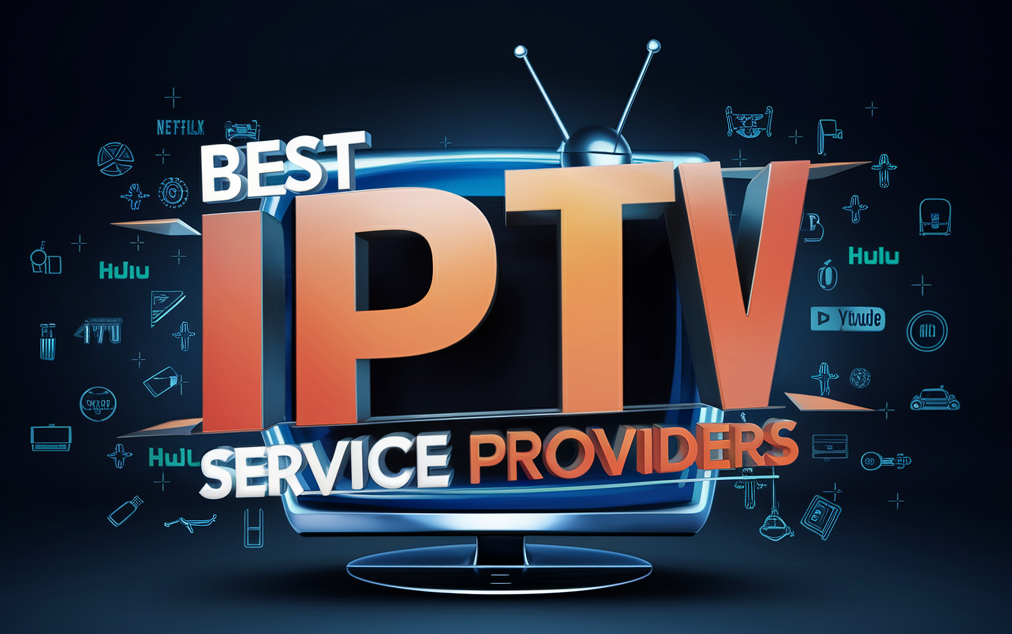In recent years, traditional cable television has seen a steady decline as more viewers shift towards internet-based streaming services. One of the key players in this transformation is IPTV (Internet Protocol Television), a revolutionary technology that allows users to access television content over the internet rather than through traditional satellite or cable connections. This article explores what best IPTV Subscription is, its benefits, and how it’s changing the way we consume media.
What is IPTV?
IPTV stands for Internet Protocol Television, which is a method of delivering television programming through internet protocols instead of conventional satellite or cable signals. IPTV streams media content, such as live TV, on-demand shows, and movies, over an internet connection. This service can be accessed on a wide range of devices, including smart TVs, computers, smartphones, and set-top boxes.
Unlike traditional cable TV, which delivers content via physical cables, IPTV uses your internet connection to stream the content directly to your device. It offers a more flexible and cost-effective way to enjoy television programming, often with additional features and a greater variety of content.
Types of IPTV Services
IPTV services can generally be divided into three categories:
- Live IPTV: This is similar to traditional TV, where users can watch live broadcasts of television channels. Live IPTV services often offer a range of channels, including news, sports, and entertainment. This service can be scheduled to stream specific events or shows in real time.
- Video on Demand (VOD): IPTV also provides users with access to a vast library of movies, TV shows, documentaries, and more, which can be streamed at any time. This is the equivalent of platforms like Netflix, Amazon Prime Video, and Hulu.
- Time-Shifted TV: With time-shifted IPTV, users can watch content that has already aired at a later time. This includes features such as pause, rewind, or fast-forward while watching TV shows, making it more convenient for users with busy schedules.
Key Benefits of IPTV
- Cost-Effective: One of the most attractive aspects of IPTV is its affordability. Traditional cable services often come with expensive equipment rental fees, maintenance charges, and bundled packages. IPTV, however, typically requires only a stable internet connection and a compatible device, eliminating the need for extra hardware or long-term contracts.
- Wide Variety of Content: IPTV offers a vast selection of channels and on-demand content. Users can access local, international, niche channels, and even specialty networks that may not be available through traditional cable services. Additionally, IPTV users can customize their subscriptions based on their preferences.
- High-Quality Streaming: IPTV services often deliver content in high definition (HD) and even 4K quality, provided the user has a compatible device and fast internet connection. This enhances the viewing experience compared to standard-definition broadcasts from traditional cable services.
- On-the-Go Access: With IPTV, users are not restricted to watching television on a single device or within their homes. As long as they have a stable internet connection, they can stream content on smartphones, laptops, tablets, and even on the go.
- Interactive Features: IPTV offers interactive features like program guides, instant replay, and the ability to record shows to watch later. This can be particularly appealing to people who want more control over their viewing experience.
How IPTV Works
IPTV works by breaking down television signals into data packets, which are then sent through your internet connection. These packets are received by a set-top box, a smart TV app, or a media player, which decodes them and streams the content to your screen. This method of data transfer allows IPTV to deliver high-quality video and audio, as well as provide the flexibility of on-demand viewing.
The primary components that make IPTV possible are:
- IP Network: The high-speed internet connection that enables IPTV content delivery.
- Set-Top Box or Media Player: A device or app that connects to your TV or screen to stream the content.
- Media Content: The actual television programming, movies, and on-demand content that is made available to subscribers.
